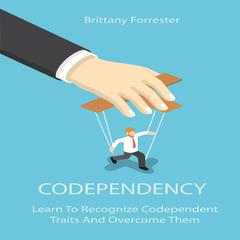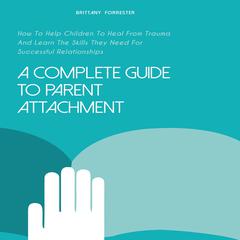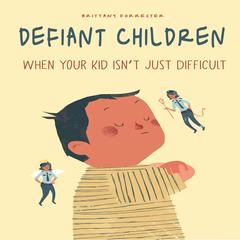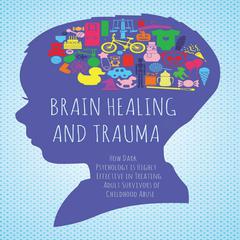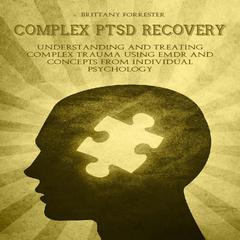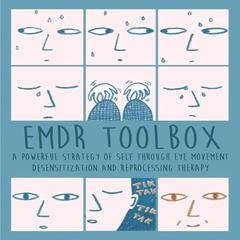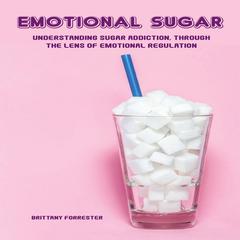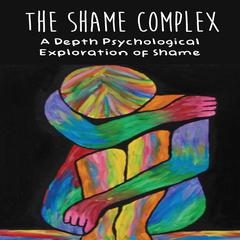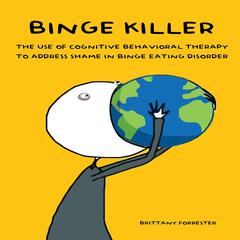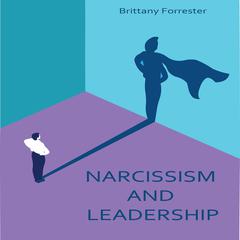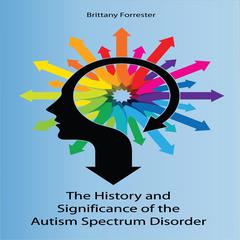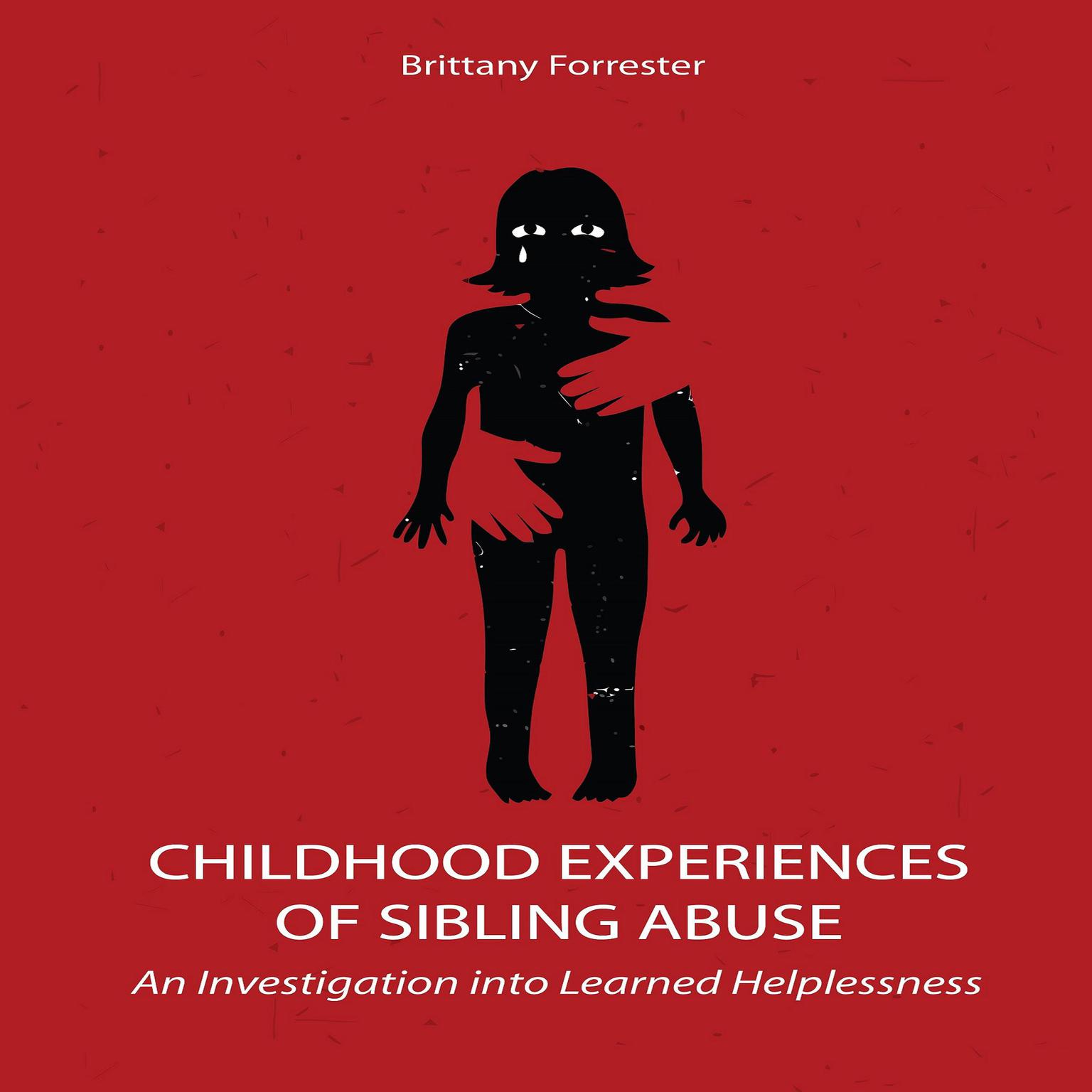 Play Audiobook Sample
Play Audiobook Sample
Childhood Experiences of Sibling Abuse: An Investigation into Learned Helplessness Audiobook
 Play Audiobook Sample
Play Audiobook Sample
Quick Stats About this Audiobook
Total Audiobook Chapters:
Longest Chapter Length:
Shortest Chapter Length:
Average Chapter Length:
Audiobooks by this Author:
Publisher Description
Sibling abuse is another sibling's physical, emotional, or sexual abuse. The bodily abuse can range from mild aggression between siblings, such as pushing and shoving, to very violent behavior, such as using weapons. Often parents don't see the abuse for what it is. As a rule, parents and society expect fights and aggression among siblings. Because of this, parents often don't see sibling abuse as a problem until serious harm occurs. Besides the direct dangers of sibling abuse, the abuse can cause all kinds of long-term problems into adulthood. As various forms of interpersonal family violence receive more attention in the literature, sibling abuse is still in the background. Despite the increasing knowledge about sibling abuse's prevalence, causes, and effects, many of us continue to relegate it to a childhood occurrence. Sibling abuse symptoms persist in going unrecognized, and its demoralizing products continue to be ignored. Minimization and denial of sibling abuse have also contributed to constraining the extent of knowledge related to this phenomenon. The present book seeks to add to the existing research confirming sibling victimization and its long-term impacts. This book has two primary purposes: 1) to capture the beliefs, feelings, and firsthand accounts of the abusive sibling experiences from the perspective of victims, and 2) to investigate the potential learned responses associated with sibling abuse and their possible impact on adult relationships by exploring participants' emotional and relational histories, and belief systems. Data suggests that the long-term impacts of learned responses associated with sibling abuse can be detrimental to interpersonal relationships and mental health. Emergent themes related to family functioning, environment, and resiliency after abuse are also presented.
Download and start listening now!
Childhood Experiences of Sibling Abuse Listener Reviews
Be the first to write a review about this audiobook!




